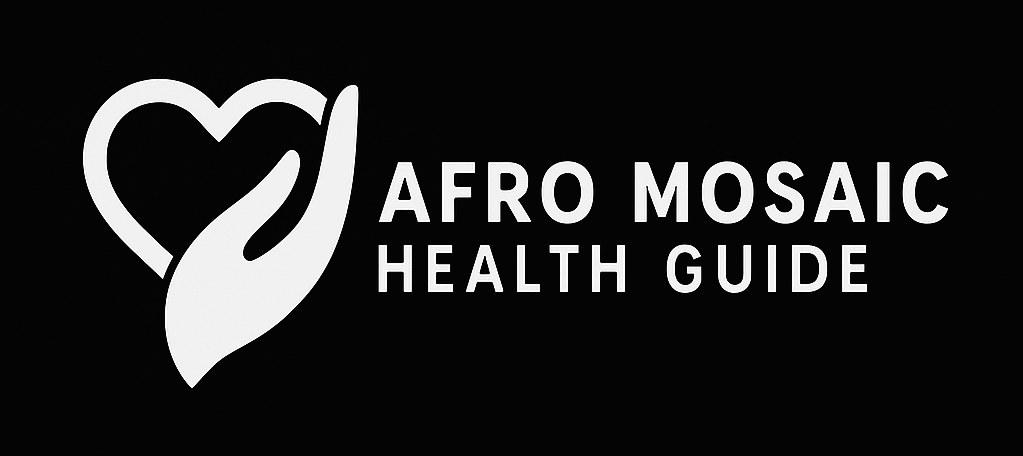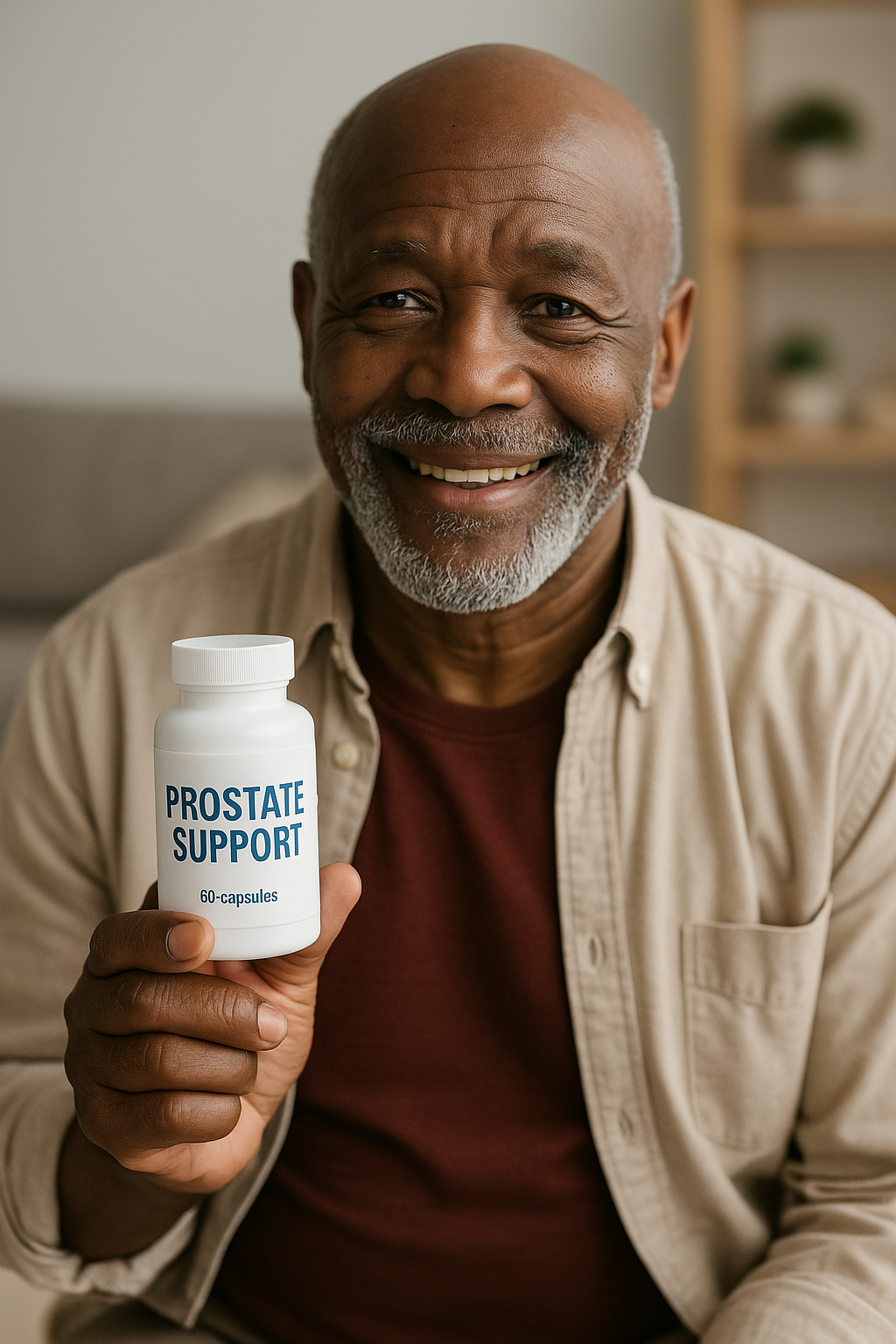When Hurricane Melissa ripped across Jamaica in late October, the island braced for winds, floods, and the loss of homes. Yet when the skies cleared, another danger crept quietly in—the hidden wave of disease that often follows disaster. Behind every flooded street and shattered roof lies a public-health battle to keep families safe from infection.

When the Waters Rise, So Does the Risk
In the days after Melissa, entire parishes struggled without clean water or power. Families fetched water from trucks, rooftop tanks, or streams that looked clear but weren’t safe. That’s how gastroenteritis, leptospirosis, and other water-borne infections begin to spread. Health officials pleaded with residents: boil or chlorinate your water, and stay out of floodwaters.
Leptospirosis—a bacterial disease carried by rats and livestock—is especially worrisome. Even a small cut on the foot can become an entry point for infection when people wade barefoot through contaminated water. Hospitals in flood-prone areas often see spikes in fever, vomiting, and muscle pain during post-storm weeks.
The Mosquito Menace Returns

The second threat doesn’t roar like a hurricane—it hums. Standing water in buckets, tires, and drains quickly turns into breeding grounds for Aedes mosquitoes, the culprits behind dengue, chikungunya, and Zika. These diseases can overwhelm hospitals just as communities are trying to rebuild.
PAHO and Jamaica’s Ministry of Health have warned that climate change has made outbreaks more frequent and unpredictable. After every storm, they urge households to clean gutters, cover water containers, and spray for larvae before mosquitoes multiply out of control.
Shelters and Shared Air
With hundreds seeking refuge in schools and community centers, crowded shelters become fertile ground for respiratory illnesses such as COVID-19 and influenza. One Kingston mother described her toddler coughing all night in a shelter shared by three families: “We were safe from the wind,” she said, “but sickness was in the air.”
Volunteers improvised—opening doors for ventilation, distributing sanitizer, and encouraging masks—but even simple prevention measures can falter when resources run thin.
Local Voices, Local Struggles

In St. Elizabeth, farmer Samuel Brown returned to his goat pen to find several animals dead and his water tank tainted with mud. “I boiled the water, but my grandkids were already sick,” he said. “You can’t see what’s in it.” His story echoes across rural Jamaica, where wells overflowed and latrines collapsed, forcing families to improvise sanitation.
In Westmoreland, volunteers drained flooded yards and cleared garbage that clogged drains. “We can’t wait for the parish truck to come,” said community nurse Marcia Williams. “If we don’t act fast, the mosquitoes will.”
Why Jamaica Is So Vulnerable
Jamaica’s tropical climate, aging infrastructure, and geography make it especially prone to disease after natural disasters. Flooding damages water lines, hospitals lose power, and displaced families crowd together—conditions ripe for contagion.
Even before Melissa, dengue and leptospirosis were seasonal threats. Now, with climate-fueled storms hitting harder and more often, the window between recovery and the next outbreak grows shorter.
What Prevention Looks Like

For Families
- Water safety: Boil or treat all drinking water; use narrow-neck containers and keep lids closed.
- Hygiene: Wash hands with soap after touching floodwater; wear shoes during cleanup.
- Food: Throw away anything that’s touched floodwater.
- Mosquito control: Empty and scrub containers weekly; use repellents and bed nets.
- Health awareness: Watch for fever, vomiting, or severe aches—seek care early.
For Communities
- Drain clearing drives: Organize weekend clean-ups to eliminate breeding sites.
- Health education: Use radio and WhatsApp to spread simple safety messages.
- Rapid-response clinics: Bring medical care and oral rehydration to rural areas.
- Vector-control patrols: Monitor and spray high-risk zones after rainfall.
- Mental-health support: Provide counseling for those who lost homes or loved ones.
For Leaders
- Fund emergency water systems and mosquito-control programs year-round.
- Restore laboratory testing quickly so fevers can be identified and mapped.
- Protect frontline health workers with fuel, supplies, and mental-health care.
- Integrate public-health alerts into disaster-response plans—not as an afterthought, but as a core mission.
Measuring Progress

Success isn’t just about rebuilding houses. It’s when:
- Clean water returns to all affected parishes within two weeks.
- Mosquito indices fall steadily for a month.
- Cases of fever and diarrhea flatten before turning into outbreaks.
- Shelters track and isolate respiratory symptoms early.
These are not statistics—they’re lives saved.
Hurricanes don’t just destroy—they reveal. Melissa exposed the fragile veins of Jamaica’s health system and the resilience of its people. Every flooded gully and broken water pipe is a reminder that prevention is not optional; it’s the difference between recovery and relapse.
Public-health experts say outbreaks are not inevitable—if communities act fast, stay informed, and work together. It begins with one household draining a bucket, one nurse educating a shelter, one leader choosing prevention over politics.
Hurricane Melissa may have passed, but her lessons remain. The next storm’s strength is unknown—but Jamaica’s response can be stronger. With preparation, education, and compassion, the island can transform every season of destruction into a season of renewal.

Call to Action:
Drain the water. Cover the tanks. Clean the yards. Check on elders. Report every fever.
Because when we protect each other, we protect Jamaica’s future.
Edited by AMHG Magazine — Where AI meets the heartbeat of the community.















